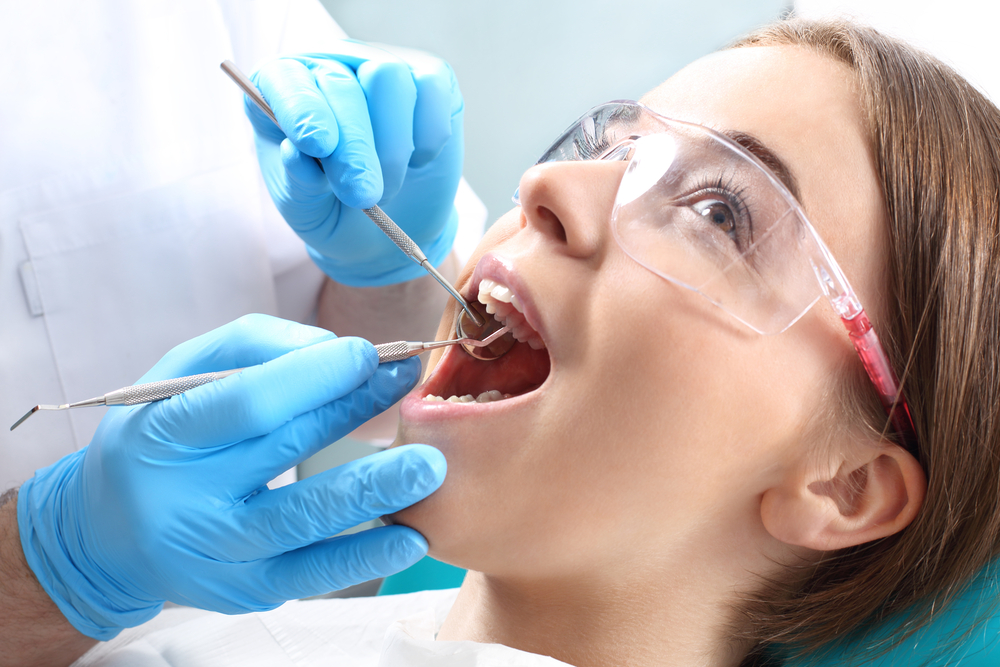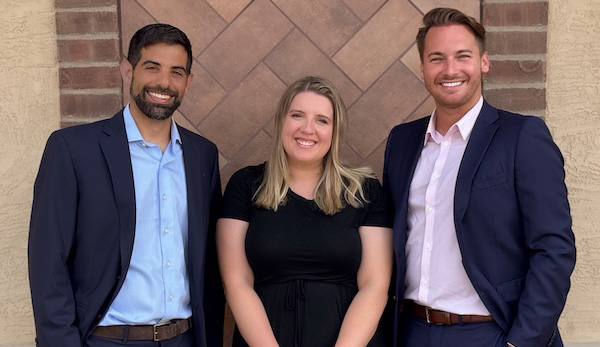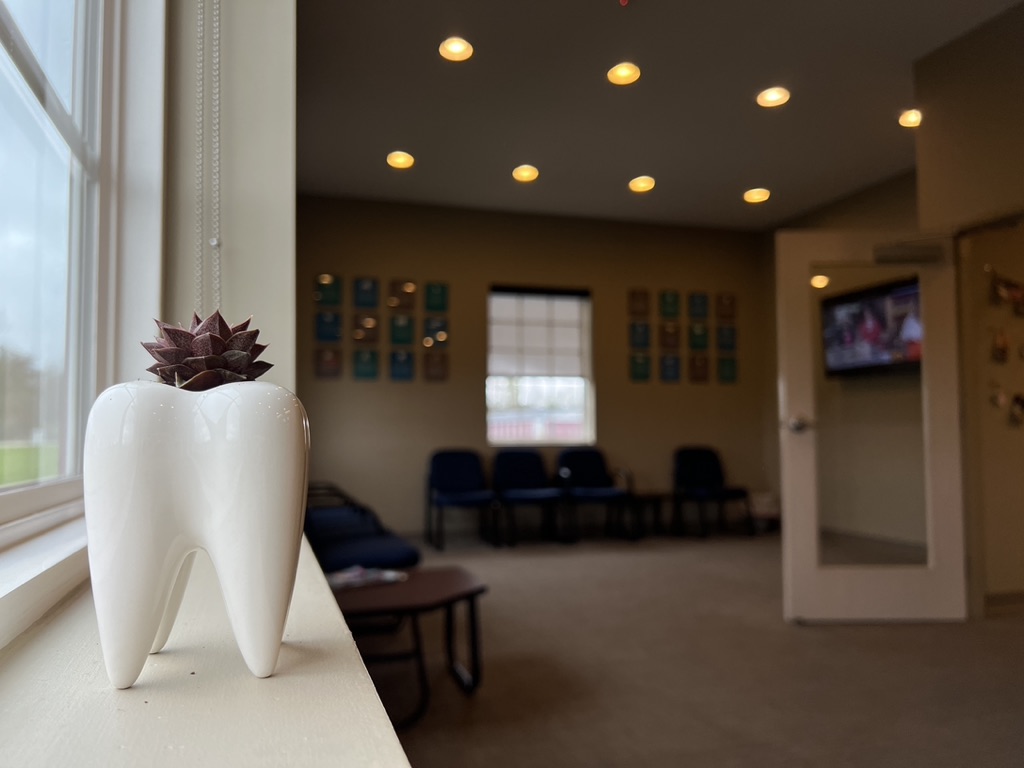Root Canals

What is a Root Canal?
Root canals are a necessary treatment when the interior of a tooth is infected. The infection of the inside of your tooth can hurt, and a root canal alleviates that pain and ensures that the infection does not spread or become more serious than it already is. The goal of a root canal is to clear the infection inside your tooth, relieve the pain you may be experiencing, and protect the tooth so that you can use it without complaint. Root canals are the best way to save your tooth if infected. Without this effective treatment, you could need an extraction.
Is a Root Canal Painful?
Root canals have a reputation for being painful, and many people may be alarmed when they discover that they might need one — some even to the point of attempting to avoid it completely. However, the majority of the pain that people fear comes from the infection itself, and root canals are the only way to address the infection. Root canals are the most effective way to relieve the pain and save your tooth from infection. If the infection is unchecked, you could lose your tooth.
At Anthony Dental, we want to help you save your tooth. You can rest assured that you are in good hands when you come into the office for a root canal. We will help dispel the myth that root canals are overly painful treatments. Many of our patients report that they experienced no more discomfort than when undergoing fillings to treat cavities. We pride ourselves on our gentle dentistry. We use the best local anesthetics so that you will remain comfortable throughout your root canal.
Any lasting soreness, swelling, or discomfort following the treatment can be managed with over-the-counter medications like ibuprofen. If you experience pain that might be out of the ordinary following your root canal, please do not hesitate to contact us.
How do You Know if You Need a Root Canal?
It may become apparent that you need a root canal if you experience intense pain in or around a tooth while eating or biting down and apply pressure to the area. You might also notice that the tooth remains sensitive to hot or cold temperatures or food long after eating or experiencing that temperature change. Another sign could be a pimple-like bump on your gum above or below the tooth, depending on where it is located in your mouth.
Your dentist is the only one who can determine whether you need a root canal, so it is essential to schedule an appointment as soon as possible to address these symptoms.
It bears repeating that there is no reason to wait it out if you suspect you might need a root canal. Your symptoms and pain will not resolve themselves, and there is no need to suffer. We want to help you get better as soon as possible. Contact us as soon as you start feeling any of these symptoms.
What Happens During a Root Canal?
During a root canal, we will first examine the tooth in question to determine the extent of the infection. We may take an x-ray to help us see below the surface of the tooth and inform us of our next steps.
Once we clearly understand what needs to happen — and inform you of every step — we will numb the area with topical gel and local anesthesia to ensure you stay comfortable throughout the treatment.
Then, we will create a tiny hole in the surface of your tooth. This hole is necessary to reach the infection. We will remove the infected inside of the tooth, called the pulp, nerve, and root portions, before cleaning and sealing the tooth, protecting it against further and future infection.
Once complete, we will often recommend a crown to strengthen that tooth so you will not have any issues with biting and chewing. The crown has the added benefit of protecting your tooth from cracking or further damage.
All in all, the complete root canal treatment will be done in one visit to the office. The actual time of the treatment varies on the extent of the issue. If you receive a crown, it could take two trips to ensure proper customization and fitting.
Your recovery should be complete within a week. We may recommend that you avoid particular difficult-to-chew food or very hot or cold beverages for a set period to allow your tooth to recover as comfortably as possible. You might find it easiest to stick to puddings or soup for the first few days following your root canal.
Be sure to continue your regular brushing and flossing habits throughout your recovery. Caring for your tooth after a root canal is no different from sticking to your regular dental hygiene routine.
Questions about our root canal services? Don’t hesitate to call Anthony Dental Care.

 View Sunbury Location
View Sunbury Location View Centerburg Location
View Centerburg Location View South High Location
View South High Location




